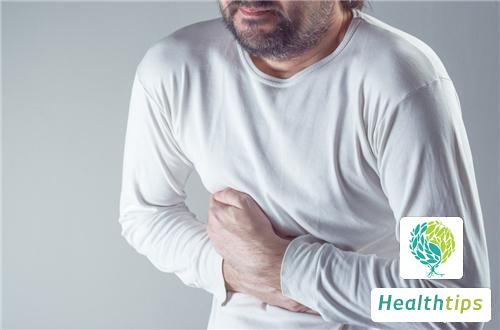Appendicitisis a disease with a relatively high incidence rate, mainly caused by vigorous exercise after eating. When appendicitis occurs, patients often experience constant abdominal pain and require immediate surgical intervention. Following appendicitis surgery, patients should maintain a bland diet and consume foods that are easy to digest. Normal dietary intake can be resumed approximately 20 days after surgery, while high-protein and high-calorie foods should be consumed sparingly during the recovery period.

1.Liquid DietAfter appendicitis surgery, some patients require a period of time to consume a liquid diet to supplement their nutritional intake. Typically, sweet foods such as orange juice and lotus root starch are preferred as they are rich in vitamins and protein, essential for restoring the patient's nutritional status. Additionally, patients who experience poor appetite may consume lean meat broth to further supplement their nutritional intake.
2.Avoiding High-Protein FoodsAlthough it is important to replenish protein in the patient's diet, high-protein foods should be consumed sparingly as they can lead to digestive issues in the intestines. Foods rich in protein, such as milk and eggs, should be limited. Additionally, foods with high sugar content should also be consumed in moderation to promote optimal recovery.
3.Increasing Fiber IntakeSince patients are advised to restrict their dietary intake following surgery, it is essential to consume foods rich in fiber to promote bowel movement and maintain good digestive health. A balanced diet that includes fiber-rich foods is key to a speedy recovery. Additionally, patients with appendicitis are encouraged to consume fiber-rich foods to maintain intestinal health and promote regular bowel movements.
4.Resuming Normal Diet after 20 DaysTwenty days after surgery, patients can gradually resume a normal diet, with an emphasis on incorporating more nutritional foods. High-protein foods such as chicken and fish are recommended, but it is advisable to consume them primarily in soup form, which can be beneficial for wound healing. Bass soup is particularly recommended as it is an excellent source of nutrition that can promote wound recovery and restore energy levels. Additionally, consuming foods rich in vitamin C, such as lemon, oranges, tangerines, kiwi, and strawberries, can help promote skin healing and increase skin elasticity at the surgical site.

